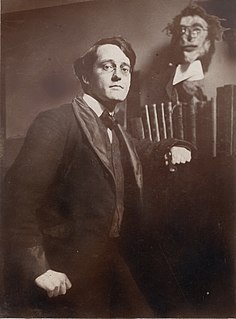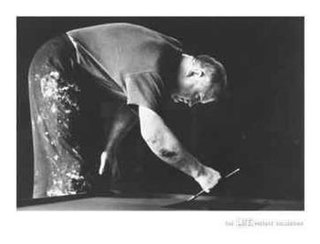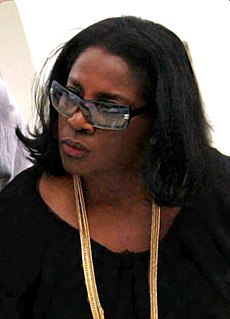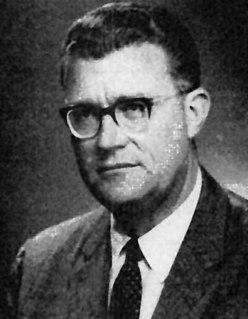A Quote by James McBride
If I grew up in a truly color-blind society, I would not be a black American.
Related Quotes
I am aware of the changes, but in no sense am I believer that we live in a post-racial society. That's a description of our inheritance and that is theirs, which is inescapable. It is doesn't matter if you are from New England or Mississippi. You're an American. It doesn't matter if you are white, black, brown, or Asian. It is part of American society. You'd have to be blind, deaf, or dumb not to know it. The emphasis on color or the fear of it, is all part of the same dark flower. I am trying to point to that and to bring it all the way back from Senegal.
I would say I'm black because my parents said I'm black. I'm black because my mother's black. I'm black because I grew up in a family of all black people. I knew I was black because I grew up in an all-white neighborhood. And my parents, as part of their protective mechanisms that they were going to give to us, made it very clear what we were.
I, however, like black. It is a color that makes me comfortable and the color with which I have the most experience. In the darkest darkness, all is black. In the deepest hole, all is black. In the terror of my Addicted mind, all is black. In the empty periods of my lost memory, all is black. I like black, goddammit, and I am going to give it its due.
I grew up in Columbia, Maryland, a planned community built during the sixties. During the early years, it was very integrated. I grew up being taught by black teachers with black principals and vice principals and, you know, a lot of black friends. We played in mixed groups, and I kind of thought that was how it was.
Black History is enjoying the life of our ancestors who paved the way for every African-American. No matter what color you are, the history of Blacks affected everyone; that's why we should cherish and respect Black history. Black history changed America and is continuing to change and shape our country. Black history is about everyone coming together to better themselves and America. Black history is being comfortable in your own skin no matter what color you are. Black history makes me proud of where I came from and where I am going in life.






































